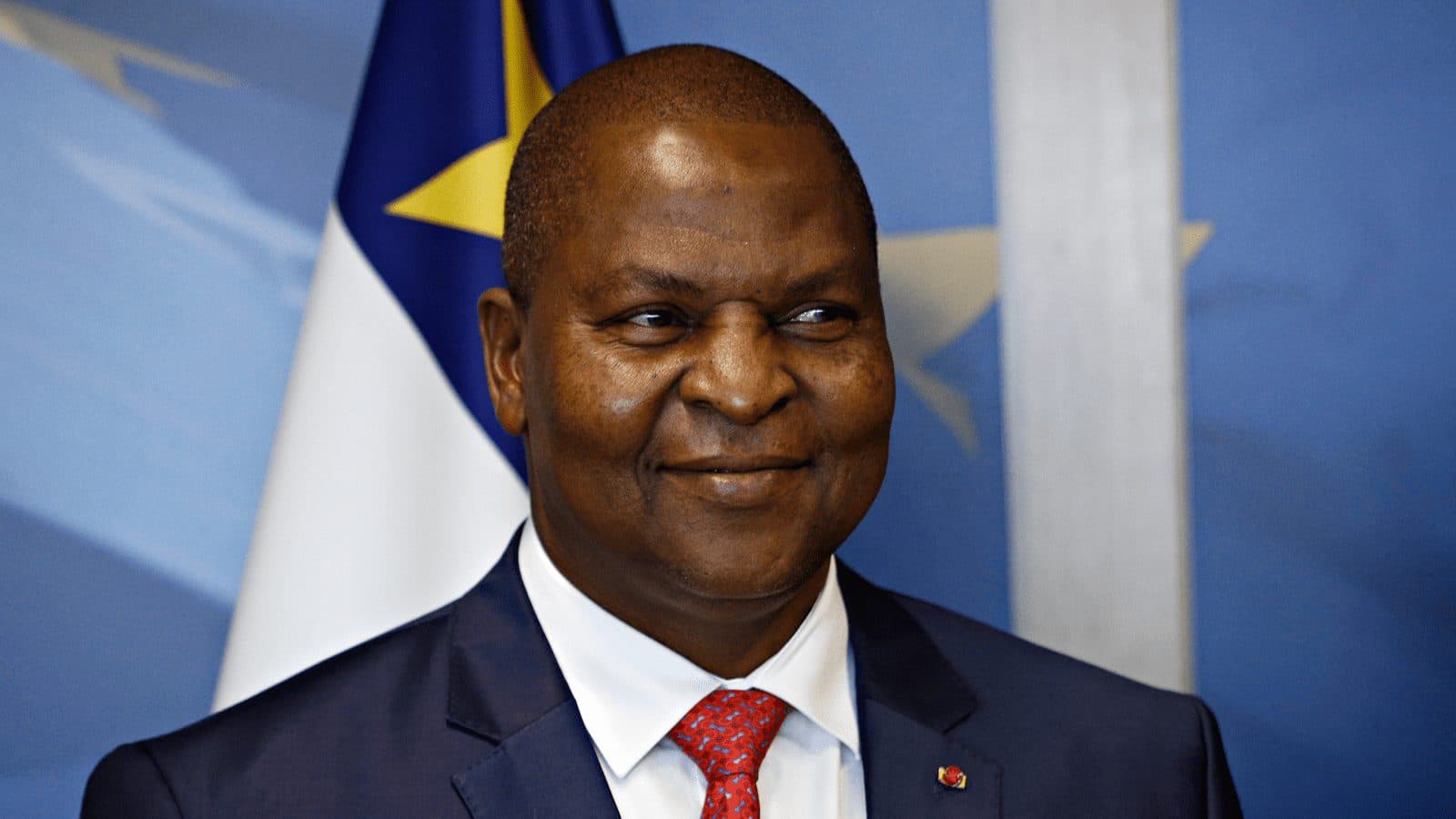Shrugging Off Crypto Doubters, Central African Republic Forges Ahead
The Central African Republic wants to become the global destination for blockchain innovators

Central African Republic President Faustin-Archange Touadera | Source: Shutterstock
- Without substantial improvements to the country’s internet and electricity infrastructure, the plans will not make it far, experts warned
- “Project Sango” plans to create a digital national bank, a crypto wallet and infrastructure that will allow for property payments to be made in bitcoin
Less than two months after adopting bitcoin as legal tender, the Central African Republic has launched a “crypto hub” designed to attract people working in digital assets.
The program, “Project Sango,” includes plans to create a digital national bank, a crypto wallet and infrastructure that will allow for property payments to be made in bitcoin, according to an online presentation the government released in tandem with a Facebook post Monday.
The project will roll out legal cryptocurrency policies in phases, with plans to create a “crypto island” at some point.
The plans come as many question the role crypto can play in a country that lacks substantial digital infrastructure.
“This is a country with such limited internet availability, and, for that matter, limited availability of electricity,” said Steve Aschettino, a Norton Rose Fulbright partner concentrating on fintech. “To be able to enable bitcoin transactions requires at least two things: electricity and the internet.”
The Central African Republic plans to “finalize” the “Central African Backbone,” the fiber-optic Internet backbone connecting several countries in Africa, by the end of the year, making its blockchain ambitions possible, the country said.
The sandbox-like initiative is the latest example of emerging markets leaning into blockchain tech. Argentina recently rolled out a so-called “innovation hub” that allows fintech and cryptocurrency startups to build under regulators’ watchful eyes. Panama and Jamaica are also exploring crypto regulation and related use cases.
“Having embedded compliance and embedded supervision is something that can really accelerate innovation,” said Carmelle Cadet, founder and CEO of CBDC infrastructure provider EMTECH. “If you’re waiting for the regulatory framework to be in place before the innovation, that’s not happening right now.”
Get the news in your inbox. Explore Blockworks newsletters:
- The Breakdown: Decoding crypto and the markets. Daily.
- 0xResearch: Alpha in your inbox. Think like an analyst.






